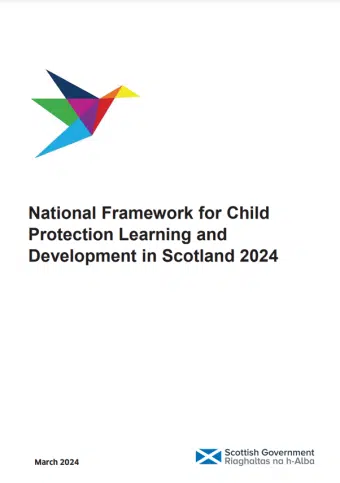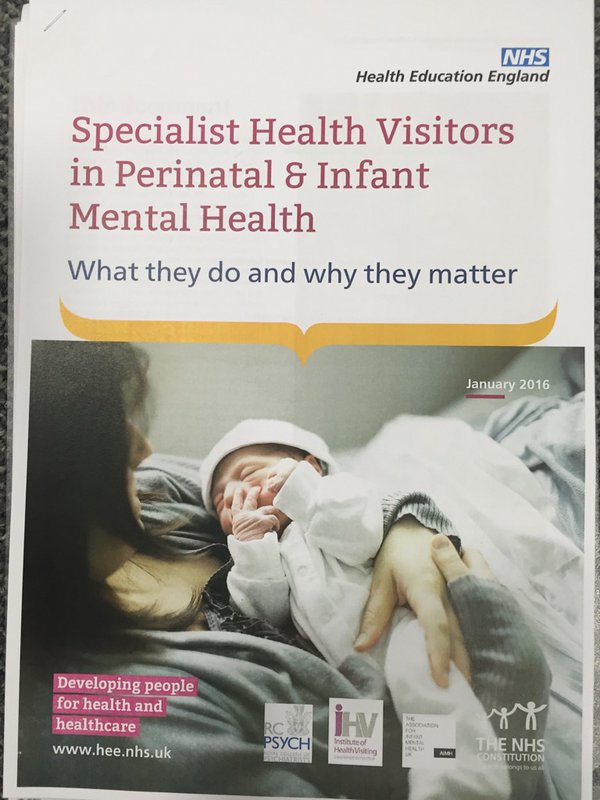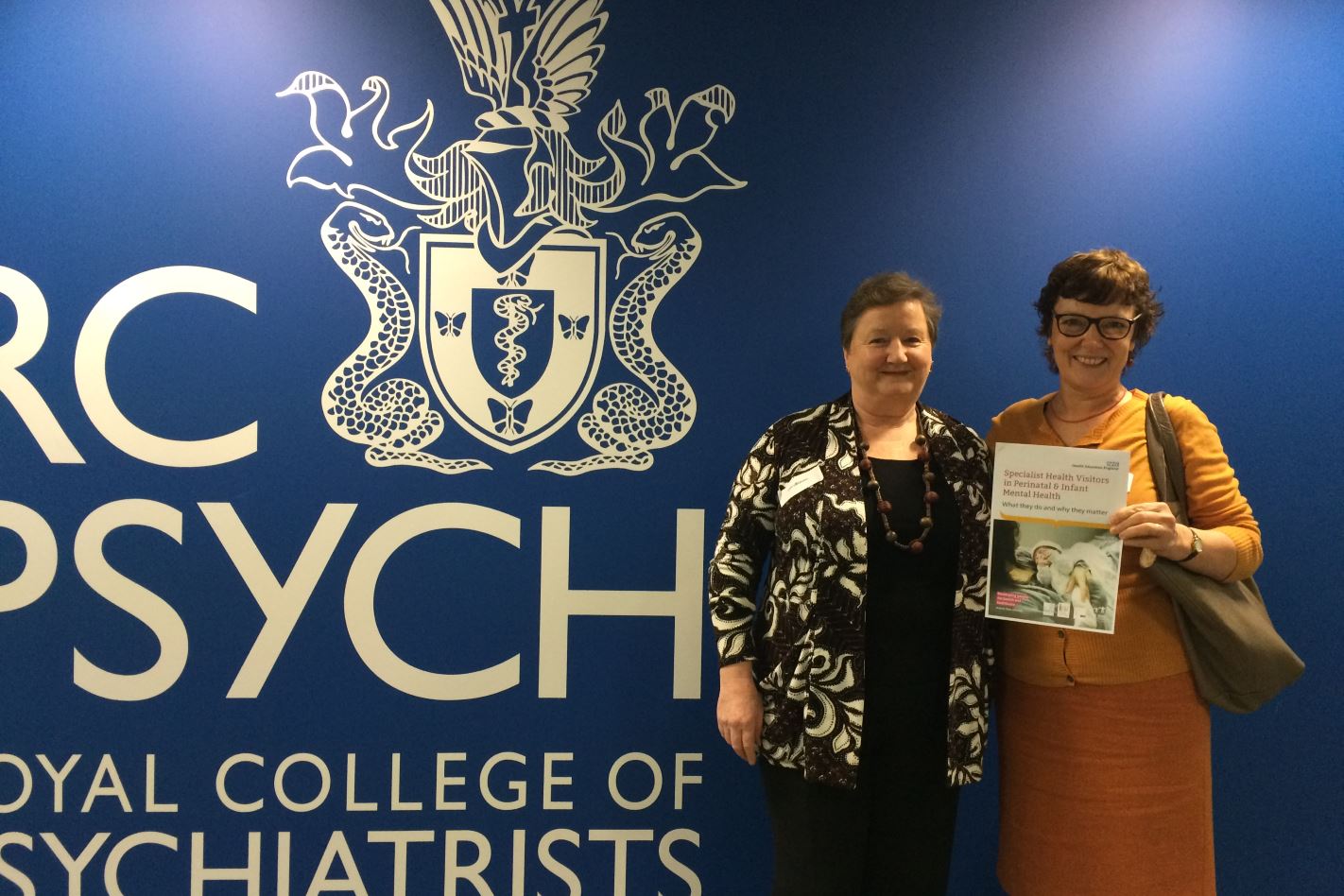On 1 March 2024, the Scottish Government published its updated version of the National Framework for Child Protection Learning and Development which will be relevant to health visitors working in Scotland.
This updated Framework replaces the previous version, published in 2012 to support the design and delivery of child protection learning and development. It provides a resource for all learning and development relevant to child protection, regardless of which agency practitioners work in and can be used flexibly and alongside single agency frameworks for learning to emphasise the key themes of the National Guidance for Child Protection in Scotland 2021 – updated 2023 .
The longstanding key message is that safeguarding is ‘Still Everyone’s Job’. All practitioners have a responsibility to remain aware of changes to legislation, policy and practice that impact on how frontline services should respond. The updated Framework incorporates recent legislation and several key policy documents:
- National Guidance for Child Protection in Scotland 2021 – updated 2023
- Getting it right for every child
- United Nations Convention on the Rights of the Child
- Independent Care Review (The Promise)
The National Guidance for Child Protection in Scotland 2021 – updated 2023 (NGCP2023) highlighted important themes for practice, and these will be key to updating all learning and development resources within the ‘Getting it right for every child’ (GIRFEC) continuum – wellbeing to welfare to protection – supporting a proactive, preventative approach to practice. Key themes are:
- rights-based approach (supporting and embracing UNCRC)
- needs-led/strengths-based approach (supporting relationship-based practice)
- trauma-informed/enhanced practice (supporting understanding of childhood adversity and trauma)
- holistic assessment (supporting strengths/resilience, identifying risk/concerns within a child’s experiences)
- recognising diversity and inclusion (supporting sensitivity of language, culture and communication differences).
The Framework aims to provide a resource which clarifies child protection learning needed at four levels – “Wider Workforce, General Workforce, Specific Workforce, and Intensive Workforce”, to:
- promote collaborative multi-agency practice to support children’s wellbeing, welfare and protection
- support the multi-agency task of assessing, managing and addressing identified need or risk to children, young people or parents/carers
- provide a multi-agency learning and development framework adaptable for local learning and development strategies and evaluation
- contribute to best practice through the development of a competent and confident workforce
- support the design, implementation and evaluation of multi-agency child protection learning
- establish agreed competencies, identifying the relevant knowledge and skills required, according to the roles and responsibilities of the various groups that make up multi-agency workforces, including those likely to encounter children, young people and their families as part of their day-to-day work
- emphasise the importance of shared learning and collaborative practice to achieve better outcomes for children






